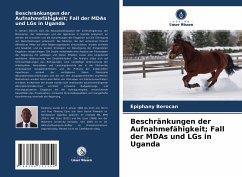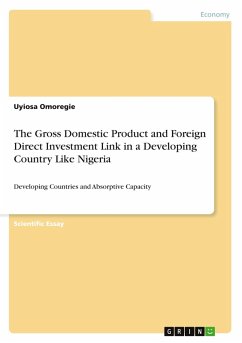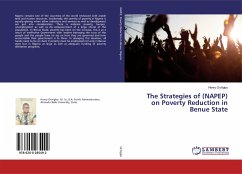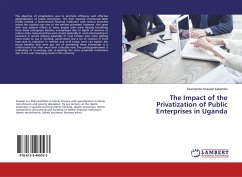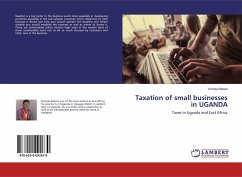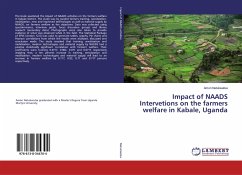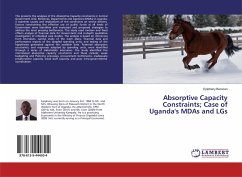
Absorptive Capacity Constraints; Case of Uganda's MDAs and LGs
Versandkostenfrei!
Versandfertig in 6-10 Tagen
27,99 €
inkl. MwSt.

PAYBACK Punkte
14 °P sammeln!
This presents the analyses of the Absorptive Capacity constraints in Central Government (CG), Ministries, Departments and Agencies (MDAs) in Uganda; it examines causes and implications of the constraints on service delivery. Factors constraining the effective use of public funds at all levels of Government were identified and evaluated and proposed strategies to address the most pressing bottlenecks. The study used random and fixed effects analysis of financial data for Government and in-depth qualitative investigation of individual case studies. The analysis is based on inferences from interv...
This presents the analyses of the Absorptive Capacity constraints in Central Government (CG), Ministries, Departments and Agencies (MDAs) in Uganda; it examines causes and implications of the constraints on service delivery. Factors constraining the effective use of public funds at all levels of Government were identified and evaluated and proposed strategies to address the most pressing bottlenecks. The study used random and fixed effects analysis of financial data for Government and in-depth qualitative investigation of individual case studies. The analysis is based on inferences from interviews, careful study of the work plans, financial data and performance reports of the sampled spending units, and testing of the hypotheses generated against the available data. Potential absorption constraints, and responses adopted by spending units, were identified through a series of stakeholder interviews. The study identified five interrelated absorptive capacity constraints and these include; weak budgeting and Planning processes, procurement bottlenecks, inadequate private-sector capacity, weak staff capacity, and poor intra-governmental coordination.



